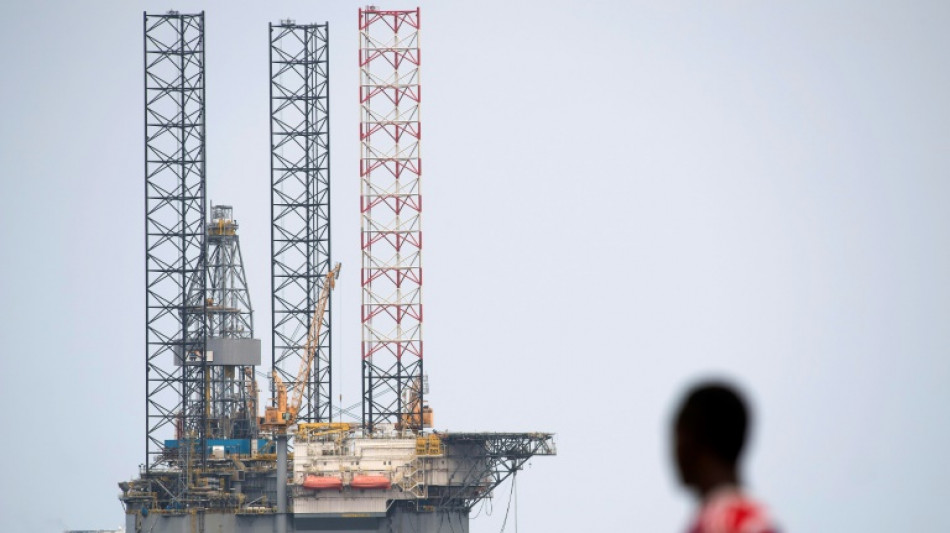

Africa sounds caution on net zero goal ahead of COP27
Africa needs time and money to wean itself off fossil fuels in order to achieve net zero without jeopardising its future, its representatives are warning ahead of next month's climate talks.
At energy conferences this week, Ghana, South Africa and the African Union have insisted the continent stands by net zero -- the goal of an overall balance in heat-stoking greenhouse gases.
But they warned that the continent was still heavily dependent on coal, oil and gas to power its development.
"Africa is fully convinced and committed to a net zero and supportive of the climate agenda, however. where we may differ is on the timeframe," African Union (AU) energy commissioner Amani Abou-Zeid told AFP on the sidelines of the Green Energy Africa Summit in Cape Town.
Africa's population of 1.3 billion is set to double by 2050, and AU nations aim to make affordable and reliable energy available to everyone by 2063, she argued.
Funding for Africa's green transition is likely to be a flashpoint at the COP27 climate summit, running in the Egyptian resort of Sharm el-Sheikh from November 6-18.
Under the 2015 Paris Agreement, rich nations pledged $100 billion a year to help developing countries limit climate change.
But they have so far failed to meet the promise -- and prospects have been further clouded this year by the resounding economic impacts from the Covid-19 pandemic and war in Ukraine.
- 'Not in our interest' -
Ghana's deputy energy minister Mohammed Amin Adam said international green energy investment in Africa was "still appalling", accounting only for about two percent of the global total.
At the same time, African countries also need to secure financing for oil and gas projects, as fossil fuel revenue is needed to finance climate adaptation measures, he told AFP.
Adam pointed to data showing that most of Africa's oil and gas producers depended greatly on export revenue derived by these fuels.
"If we give up this, how do we even finance our ability to adapt to the climate effects? We cannot. Unless we have a substitute for our revenue," he said.
African countries are among the most exposed to the impacts of climate change, especially worsening droughts and floods, but responsible for only around three percent of global CO2 emissions, former UN chief Ban Ki-moon said last month.
- S.African coal -
Speaking at an Africa Oil Week event in Cape Town, South African Energy Minister Gwede Mantashe said ditching coal too quickly was not in the country's best interests, as it would damage the economy and cost thousands of jobs.
South Africa is the continent's main coal producer and consumer -- as well as one of the world's top 12 carbon emitters.
Last year, the government secured pledges of $8.5 billion loans and grants from a group of rich nations to finance the transition to greener alternatives.
But the deal is hanging in the balance, amid fraught negotiations with donor countries around how the money should be spent.
"When developed economies come to us and say 'part of the $8.5 billion is going to be spent on accelerating the exit of coal', I feel that is not in our interest," Mantashe said.
At pre-COP27 talks in Kinshasa this week, the Democratic Republic of Congo fended off demands to abandon oil and gas blocks that it has put up for auction in environmentally sensitive areas.
The DRC launched bids in July for 30 blocks in the Congo Basin, sparking fears that drilling could release carbon dioxide trapped for millennia in the peaty forest floor.
But DRC Environment Minister Eve Bazaiba, opening the talks on Monday, asked if the government should let children die rather than harvest from its fossil resources.
"As much as we need oxygen, we also need bread," she said.
J.Fletcher--NG



